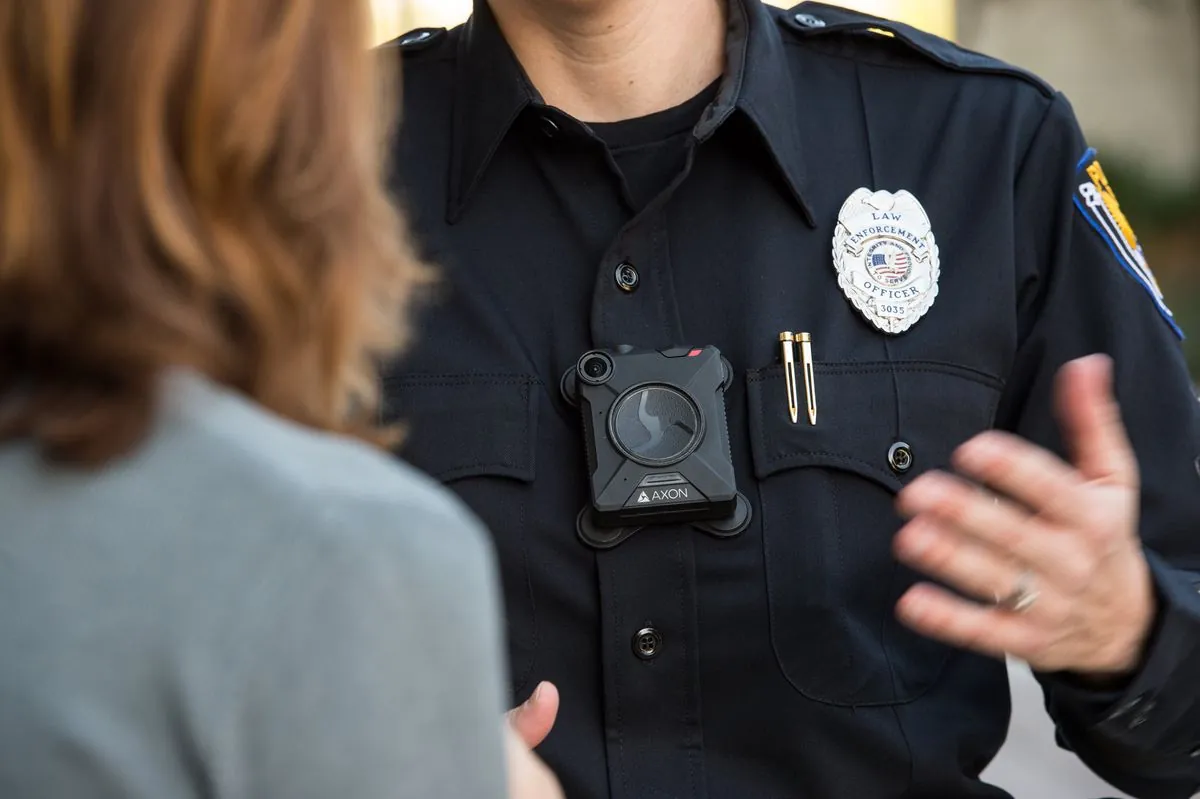William Heggs, a 23-year-old former special constable with Leicestershire Police, is facing serious allegations of misconduct and data misuse. The case, which came to light following an investigation by the Independent Office for Police Conduct (IOPC), has raised concerns about the handling of sensitive information within law enforcement agencies.
Heggs appeared before Leicester Crown Court on September 23, 2024, where he pleaded not guilty to 13 charges. These include one count of misconduct in public office, nine offenses of unauthorized computer access, and three charges related to the improper handling of personal data. The alleged incidents occurred between December 2020 and December 2021.
One of the most serious accusations involves Heggs allegedly using his personal mobile phone to photograph body-worn camera footage of a homicide victim, William Harty. The 28-year-old Harty was fatally injured in October 2021 and died the following day. His brother-in-law, Martin Casey, later admitted to manslaughter and received a prison sentence of three years and four months in May 2022.
The prosecution claims that Heggs accessed various confidential materials, including:
- Emails containing details about car accidents
- Police intelligence reports
- Personal data stored on police computer systems
The case highlights the strict regulations surrounding the handling of crime scene evidence and police data in the UK. Special constables, despite being volunteers, undergo training similar to regular officers and are expected to adhere to the same professional standards.
Judge Timothy Spencer KC has set the trial date for March 17, 2025. Heggs has been granted bail under the condition that he continues to reside at his current address.
This case underscores the ongoing challenges faced by UK police forces in maintaining data security and privacy. The use of body-worn cameras, introduced in the early 2010s, has become a crucial tool in criminal investigations. However, it has also created new responsibilities for officers in terms of data protection.
The outcome of this trial could have significant implications for how police forces handle sensitive information and the consequences for those who misuse their access to such data. As the UK continues to grapple with issues of police conduct and accountability, cases like this serve as a reminder of the importance of maintaining public trust in law enforcement institutions.
